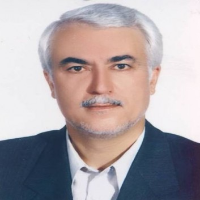Farabi’s Mystical Intuition
Abunasr Farabi, 292-339 Hegira, is a philosopher emerging in the territory of Iran after the emergence of Islam, and is the most familiar philosophy to date that in his span of time took very significant steps in foundation of Islamic philosophy. Farabi, just like Avicenna, had tendency toward mysticism along with philosophy and other sciences and in practical mysticism, asceticism, lovelessness, and simultaneous life and isolation, and accordingly in practical mysticism he has his own opinions and works. What is witnessed in the present research is whether Farabi is known to be a mystic despite being skillful in various scientific fields. Are there any reasons to select him in practical mysticism journey and his relationship with practical mysticism? Thus, this study conducted in an analytical descriptive way focuses on the work titled Fosusalhekam by Farabi and another work of him remaining so as to draw a picture of his mysticism and practical and theoretical mysticism.
-
A symbolic reading of Ibn Arabi's Shatranj al-Ārifin and Sheikh A’lā al-Dowleh Semnāni 's Shatranjiya Treatise
Elham Rezvani Moghadam, *
Journal Of Linguistic and Rhetorical Studies, -
A Review of Nosrat Amin’s Mystical Self-Knowledge in Makhzan al-‘Irfan Interpretation
Seyed Hamidreza Raoof, *, Azim Hamzeian
Ayeneh Marefat,



